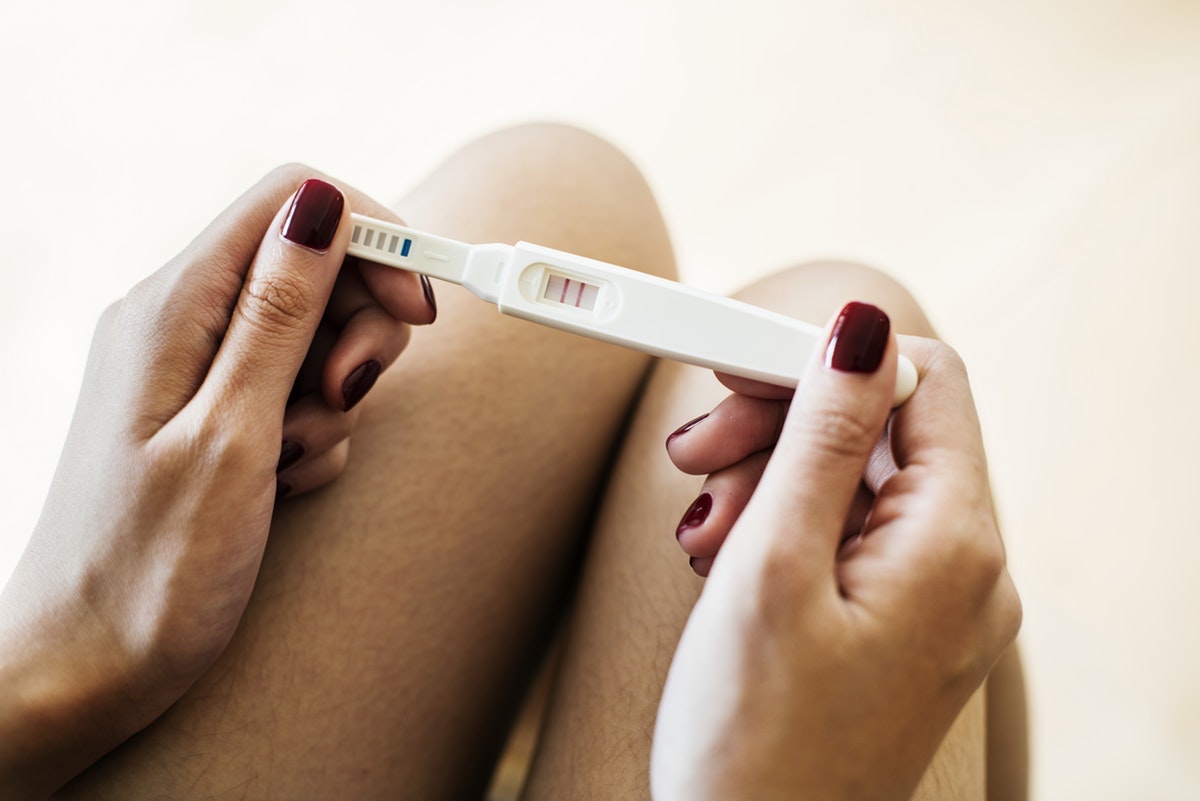Ask the Experts: Infertility and Mental Health
By Dr Michelle Frank
India ranks second in a list of the most populous countries around the world but paradoxically, fertility rates have been falling steadily over the past couple of years. The total fertility rate was recorded at an all-time low in 2017 at 2.2, from about 4.5 in 1981, according to The Economic Times. The article goes on to discuss a steeper decline in fertility rates within urban areas.
While the technical aspects of fertility are common among discussion pools, talking about the psychological aspects of infertility is rare, particularly in India.
Infertility has a plethora of causes. While some might be anatomical or physiological, there are cases that have a psychological aspect. About one-third of the time there can be a psychological impact hindering the ability to conceive, according to certain studies on infertility in women. A third of the cases also saw a psychological impact on fertility among men.
ALSO READ: ENDOMETRIOSIS: STEERING THROUGH PAIN AND TRAUMA
When the subject of infertility is discussed among couples and their peers, they often express distaste and try to evade questions relating to fertility. Being fertile is often a stamp of approval of societal norms, which can deepen the psychological impact on couples when they are unable to conceive. The most common mental health concerns that patients of infertility report are depression and anxiety, highlights Windy Ezzell in her article on ‘The Impact of Infertility on Women’s Mental Health’.
ALSO READ: HIGH FUNCTIONING DEPRESSION AND ME
Ezzell goes on to underscore how infertility has an invisible impact on a couple’s ability to connect emotionally. She states that sexual relations between couples become associated with acts of failure and frustration. This in turn causes a decline in sexual self-esteem. The psychological impact also extends beyond the couple to close family and friends.
The Uncertain Journey
Today, due to the social consequences of infertility, it has become a widely-discussed subject beyond the walls of a doctor’s office. Couples often go through years of rigorous tests with very little hope along the way. As a consequence of the increasing number of infertility cases, doctors do not spend adequate time with each couple to discuss the ramifications that such tests and procedures could have on their physical and mental well being.
Procedures like intrauterine insemination or in-vitro fertilization can occur through several cycles with low chances of conception during each round. The finances funnelled into such procedures should also be taken into account when evaluating the couple’s psychological journey through infertility. Infertility treatments are rarely covered through insurance, whereby couples have to bear most of the expenses themselves.

The Burden of Stigma
Women experience more psychological burden as a consequence of infertility when compared to men, as shown in certain studies. Women are often seen solely as reproductive beings and believed to be the prime source of life. Inability to produce children stigmatises women as being unable to fulfil what society thinks is the prime reason for their existence.
This stigma increases stress. This, along with the other stress-causing factors, inadvertently impacts the hormonal hypothalamic-pituitary-gonadal axis, disrupting sex hormones. This feeds into the cycle of infertility. Women who have been previously diagnosed with mood disorders also have increased likelihood of issues with fertility. Several factors contribute to this: for one, depression has a direct impact on hormonal function. Secondly, a psychological condition has a direct influence on smoking, alcohol consumption and libido.
Depressed individuals with such habits are more likely to continue smoking and consuming alcohol, which in turn have a negative effect on fertility. One of the symptoms of depression is a decrease in libido. And the requirement for timed copulation can apply further stress on an individual experiencing infertility. Having a mood disorder adds another dimension to infertility and its treatment.
Men who are diagnosed as the source of infertility are observed to have a high likelihood of developing infertility-specific anxiety. Men experience shame on being unable to perform. As a consequence they isolate themselves not only from their spouse, but from their peers as well. Unlike women who might be able to share within their social circles, some men might keep it to themselves. This can affect productivity and their relationship with their spouse. The psychological effects of men and infertility is minimally studied when compared to that of women. Since societal norms expect men to compartmentalise and endure their anxiety, it is often assumed that they are able to cope better with the mental aspects of infertility. However, this is where research falters.
The Foggy Approach
There is limited knowledge to assess the source of this psychological burden couples experience during their struggle through infertility. There is limited availability of specific questionnaires that can evaluate personal and interpersonal relationships with infertility, as sourced by a systematic review. While infertility can be evidenced to directly impact a couple and their relationship, little is known of how infertility can impact familial bonds and ties with society on the whole.
Most studies relating to infertility are retrospective, aiming to focus on their possible causes. Very few focus on the outcomes of infertility on an individual and societal level.
Additionally, there are very few safe spaces where couples can openly discuss their journey through infertility. It is a fact that each fertility journey is different from another. In a nation like India, where such discussions are still taboo, uncloaking the stigma associated with infertility is crucial to address issues that are closely intertwined with infertility.
The Positive Outlook
While the physiological treatment of infertility might seem outside of one’s control, tackling psychological effects are within the abilities of a couple. Identifying changes within one’s daily routine is the first step, as highlighted by Dr. Georgia Witkin in her article discussing the mental health aspects of a fertility journey.
Dr. Witkin goes on to describe ways to incorporate self-care into one’s daily routine. It is vital for couples to work their way through the past, and focus more on their journey and companionship rather than the outcome. Building a safe space to talk to close family and friends is crucial. Moreover, non-judgemental circles enable a couple to focus on their relationship and not the singular aspect of fertility.
In this manner, couples can create their own outlook towards their fertility journeys. They can focus more on their individual and combined aspirations. Seeking professional help is ideal. Combinations of pharmacological and cognitive behavioural therapy has been shown to have a positive impact on the psychological effects of infertility.
Infertility is on the rise, the causes are multifold, and the treatment strategies are complex. However, fertility is just one aspect of an individual and should not define their sole purpose. Dialogue about fertility and its nuances is crucial. Limiting an individual to their right to procreate limits their infinite nature as human beings.
Disclaimer: Material on The Health Collective cannot and does not claim to substitute for expert advice from a trained professional.
About the author: Dr Michelle Frank is the Director of Women’s Health for the all-women platform, SHEROES. Most of her work is currently centered around menstrual health, reproductive health, and general wellbeing for women. She tweets @DrMichelleF
Share your stories with us, if you like — Tweet @healthcollectif or mail us right here
Feature Image by Rawpixel.com




